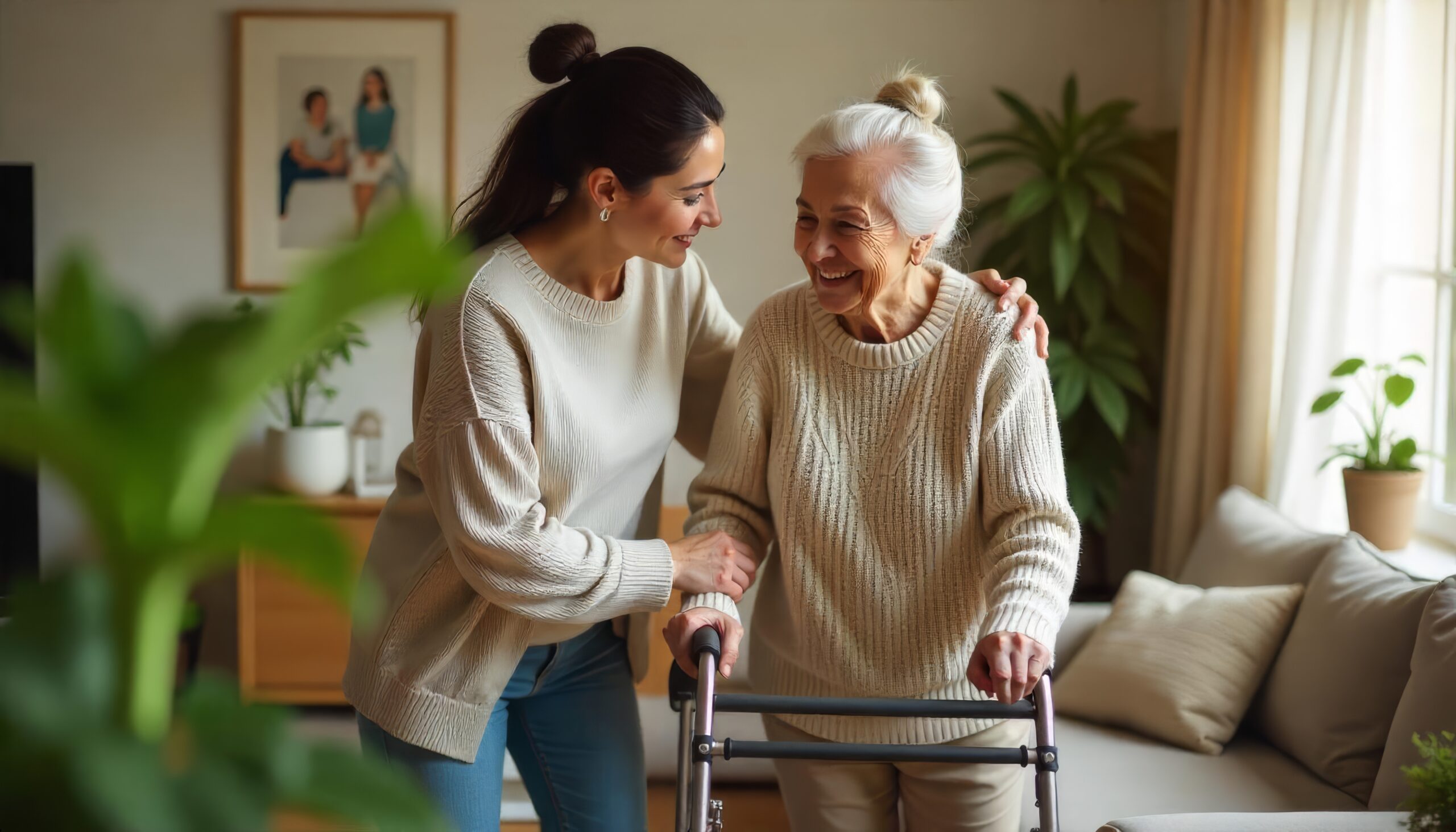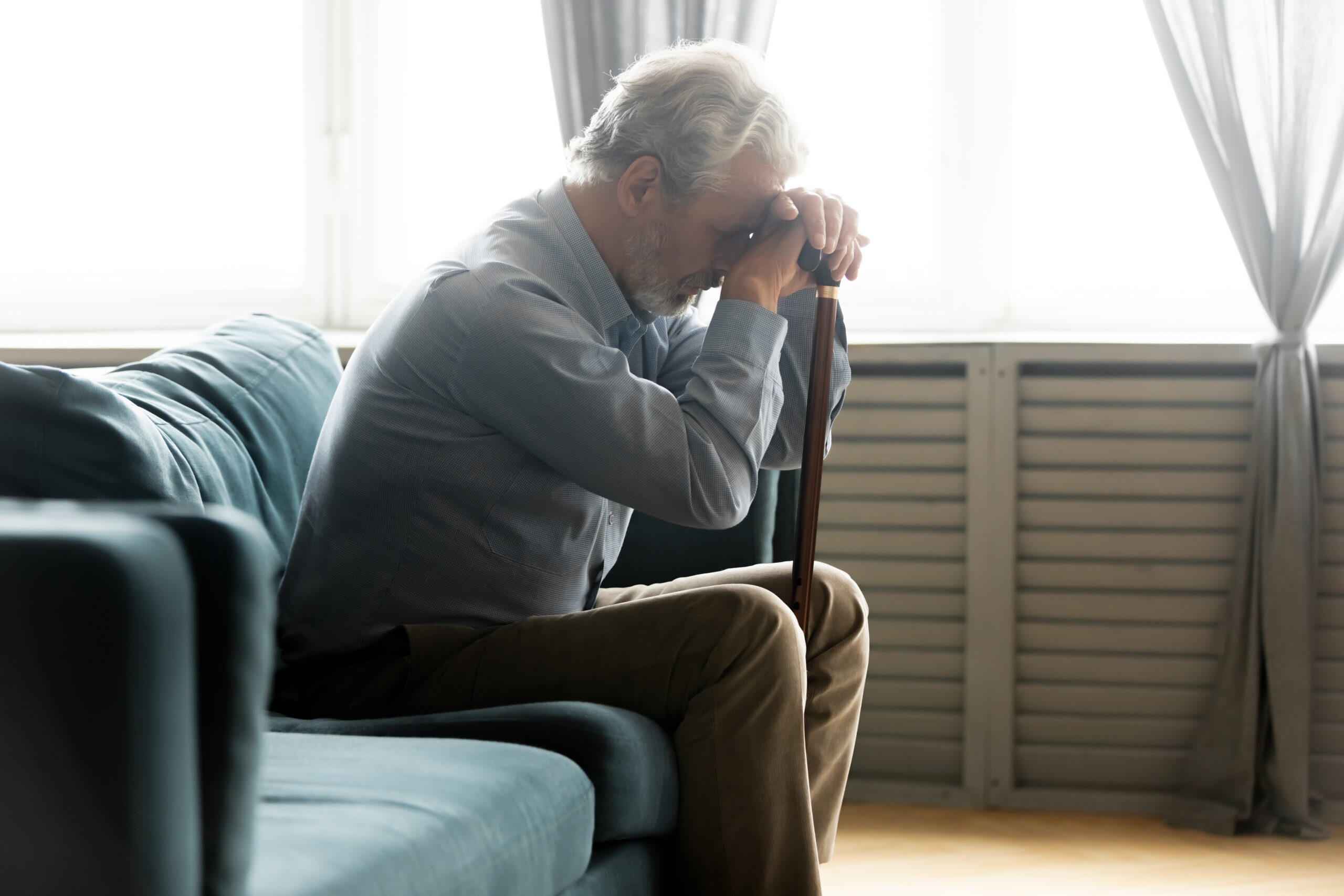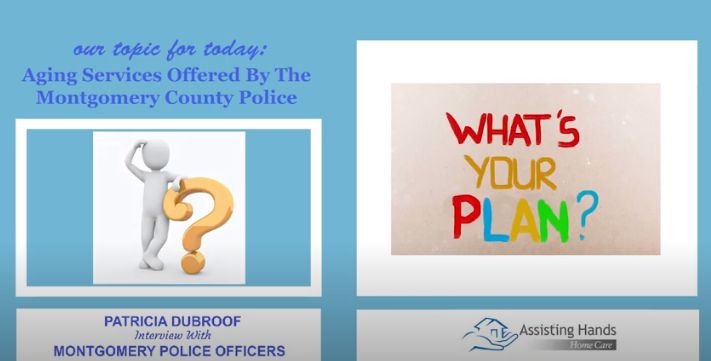
[vc_row][vc_column][vc_column_text]Care.com that aging adults, as well as their caregivers, can use to make sure they have a fun, safe summer.
- Stay Hydrated
Seniors are more susceptible to dehydration than younger people because they lose their ability to conserve water as they age. They can also become less aware of their thirst and have difficulty adjusting to temperature changes. Remember to drink water often, and be sure to pack some for those long summer drives. Dr. William Greenough, of Johns Hopkins Geriatric Center, says caregivers should make sure seniors are drinking sweat replacement products (that contain salt and potassium) to replace water they lose during the summer. - Talk to Your Doctor
Check with your medical team to make sure any medications you are on won’t be affected by higher temperatures — especially if you don’t have air conditioning in your home. Some medications are less effective if stored at temperatures higher than room temperature (about 78 degrees Fahrenheit), and the last thing anyone wants is for a preventable medical condition to become aggravated due to high temperatures. - Keep Your Cool
Even small increases in temperature can shorten the life expectancy for seniors who are coping with chronic medical conditions. Shopping malls, movie theaters and libraries provide welcome, cool spaces if a senior’s own home isn’t air-conditioned. They also afford a great opportunity to get out of the house and get some exercise without the exhaustion of the heat. Contact your local Area Agency on Aging to inquire if there are any programs to assist seniors with fewer resources to get air conditioners. “Seniors are much more vulnerable to the harmful effects of heat, as their bodies do not adjust as well to sudden changes in temperature,” says Dr. Lubna Javed, formerly of HealthCare Partners Medical Group in Las Vegas. “Some chronic medical conditions and prescription medications can impair the body’s ability to react efficiently to rising temperature.” - Stay in Touch
High temperatures can be life-threatening, so communication plays an important role in ensuring the safety of aging adults. Seniors should let friends and family know if they’ll be spending an extended period of time outdoors, even if they’re only gardening. “Caregivers should check on the health and welfare of their loved ones at least twice a day,” Javed says.








